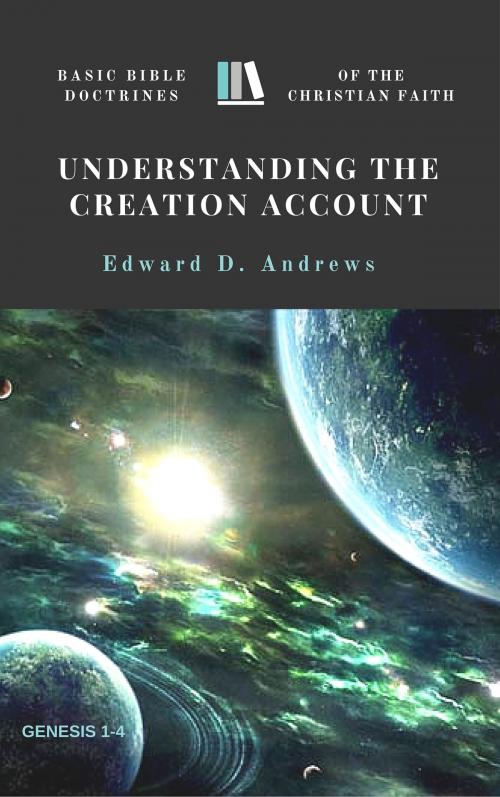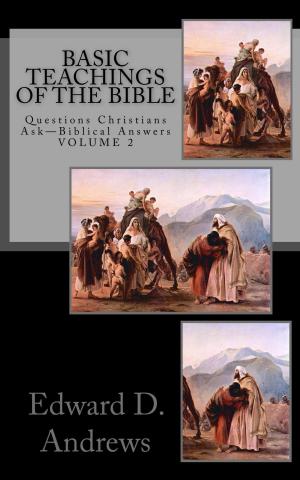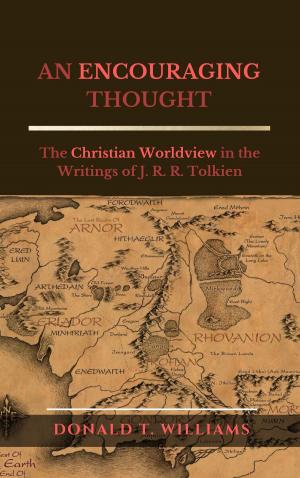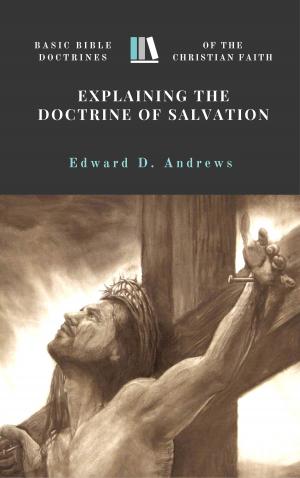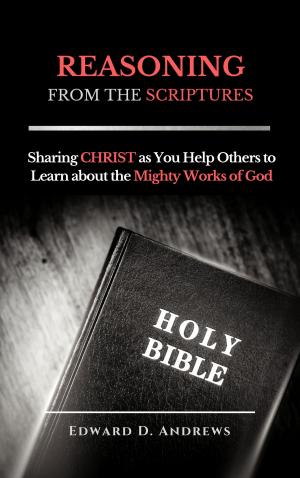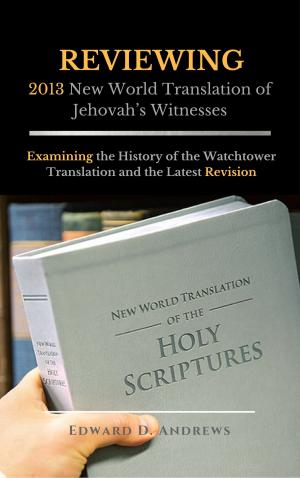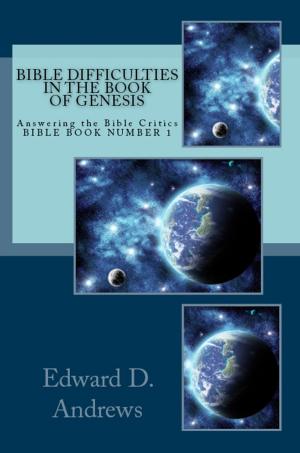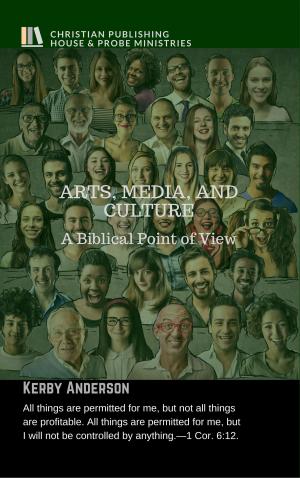UNDERSTANDING THE CREATION ACCOUNT
Basic Bible Doctrines of the Christian Faith
Nonfiction, Religion & Spirituality, Christianity, Evangelism, Bible & Bible Studies, Criticism & Interpretation, Theology| Author: | Edward D. Andrews | ISBN: | 1230000971218 |
| Publisher: | Christian Publishing House | Publication: | March 1, 2016 |
| Imprint: | Language: | English |
| Author: | Edward D. Andrews |
| ISBN: | 1230000971218 |
| Publisher: | Christian Publishing House |
| Publication: | March 1, 2016 |
| Imprint: | |
| Language: | English |
Throughout the Scriptures, God is identified as the Creator. He is the One “who created the heavens (He is the God who formed the earth and made it, He established it.” (Isa 45:18) He is the One “who forms mountains and creates the wind” (Am 4:13) and is the One “who made the heaven and the earth and the sea, and all that is in them.” (Ac 4:24; 14:15; 17:24) “God . . . created all things.” (Eph. 3:9) Jesus Christ tells us that it is the Father who “created them [humans] from the beginning made them male and female.” (Matt. 19:4; Mark 10:6) Hence, the Father is fittingly and uniquely called “the Creator.” (Isa 40:28) It is because of God’s will that we exist, for He has ‘created all things, and because of his will they existed and were created.’―Revelations 4:11.
The Bible is loaded with thousands of what the Bible critic calls errors, mistakes and contradictions, including and especially the creation account itself. However, these are nothing more than difficult, challenging passages, many of which become obstacles in the development of our faith. These difficulties arise out of differences in culture, language, religious and political organizations, not to mention between 2,000 to 3,500 years of separation between the Bible author and the modern day reader. Calling attention to these difficulties and sifting out the misconceptions, Andrews defends the full inerrancy of the Bible, clarifies the so-called errors and what might seem like apparent contradictions. He arms the Christian with what he or she needs to defend their faith in the Bible.
Throughout the Scriptures, God is identified as the Creator. He is the One “who created the heavens (He is the God who formed the earth and made it, He established it.” (Isa 45:18) He is the One “who forms mountains and creates the wind” (Am 4:13) and is the One “who made the heaven and the earth and the sea, and all that is in them.” (Ac 4:24; 14:15; 17:24) “God . . . created all things.” (Eph. 3:9) Jesus Christ tells us that it is the Father who “created them [humans] from the beginning made them male and female.” (Matt. 19:4; Mark 10:6) Hence, the Father is fittingly and uniquely called “the Creator.” (Isa 40:28) It is because of God’s will that we exist, for He has ‘created all things, and because of his will they existed and were created.’―Revelations 4:11.
The Bible is loaded with thousands of what the Bible critic calls errors, mistakes and contradictions, including and especially the creation account itself. However, these are nothing more than difficult, challenging passages, many of which become obstacles in the development of our faith. These difficulties arise out of differences in culture, language, religious and political organizations, not to mention between 2,000 to 3,500 years of separation between the Bible author and the modern day reader. Calling attention to these difficulties and sifting out the misconceptions, Andrews defends the full inerrancy of the Bible, clarifies the so-called errors and what might seem like apparent contradictions. He arms the Christian with what he or she needs to defend their faith in the Bible.
